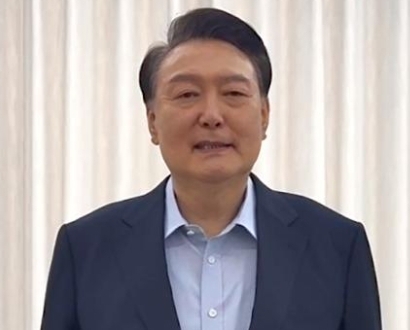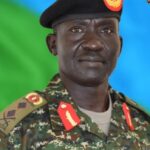South Korean President Yoon Suk-yeol Arrested in Historic Move Amid Martial Law Controversy
In a significant turn of events, South Korean President Yoon Suk-yeol was arrested at his official residence on Wednesday morning, marking the first time in the nation’s history that a sitting president has been taken into custody. The arrest follows intense political turmoil and legal disputes over Yoon’s declaration of martial law late last year.
The Corruption Investigation Office for High-ranking Officials (CIO), in coordination with the National Office of Investigation (NOI) and the defense ministry’s investigative division, announced that Yoon was detained at 10:33 a.m. local time (0133 GMT). Shortly after his arrest, he was transported to the Seoul Detention Center in Uiwang, just a short distance from the CIO’s headquarters in Gwacheon.
The CIO now faces a 48-hour deadline to determine whether to seek an extended detention warrant for up to 20 days or release the embattled president.
Historic Arrest Amid Political Unrest
Yoon’s arrest follows weeks of escalating tension. A previous attempt to detain him on January 3 was thwarted by the presidential security service. However, after a court issued a second arrest warrant on January 7, law enforcement agencies successfully executed the order.
Footage broadcast by local media captured dramatic scenes as investigative officers entered the presidential residence, overcoming opposition from Yoon’s legal team, supporters, and members of his ruling People Power Party.
In a pre-recorded message released after his arrest, Yoon denounced the warrant as illegal and said he accepted his detention to avoid violence or further unrest.
Backdrop of Controversy
Yoon’s troubles began on December 3, 2024, when he declared martial law, citing threats to national security. However, the National Assembly swiftly overturned the order within hours. This unprecedented move led to the passing of an impeachment motion on December 14, temporarily suspending Yoon’s powers as president while the Constitutional Court deliberates his removal.
The court convened its first hearing on the impeachment case earlier this week, dismissing Yoon’s objections to the involvement of newly appointed justices. Analysts speculate that the composition of the nine-member court may tilt toward upholding the impeachment, as six votes are needed to finalize Yoon’s ousting.
Legal and Political Ramifications
Yoon’s repeated refusal to appear for questioning last month prompted investigators to issue the initial arrest warrant. Legal experts note that the charges against him, including allegations of leading an insurrection, carry severe consequences if proven.
Political analysts say the arrest will likely deepen divisions within the country and raise questions about the People Power Party’s future. Meanwhile, the opposition Democratic Party has called for swift legal proceedings to resolve the crisis.
The Constitutional Court has up to six months to decide Yoon’s fate, leaving the country in a state of political uncertainty. Whether his arrest will pave the way for accountability or exacerbate existing tensions remains to be seen.
![]()
























